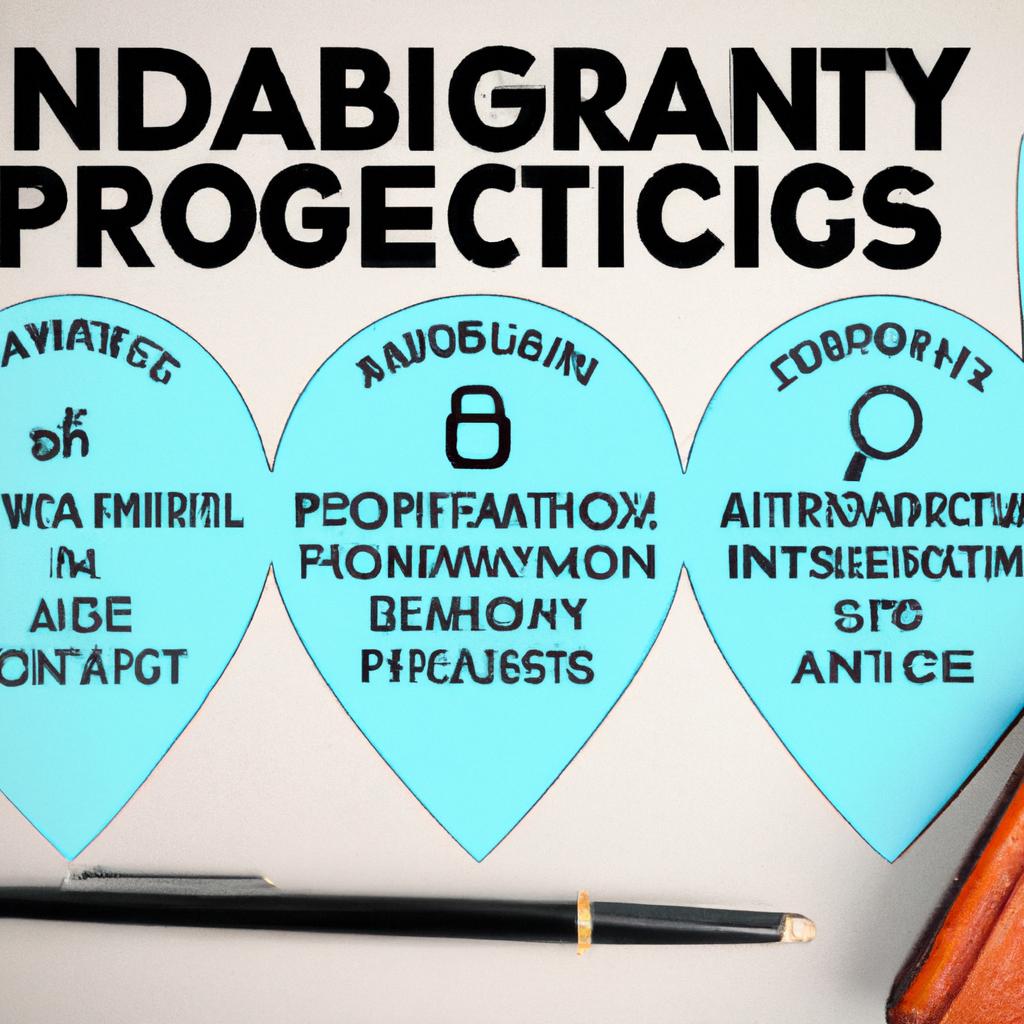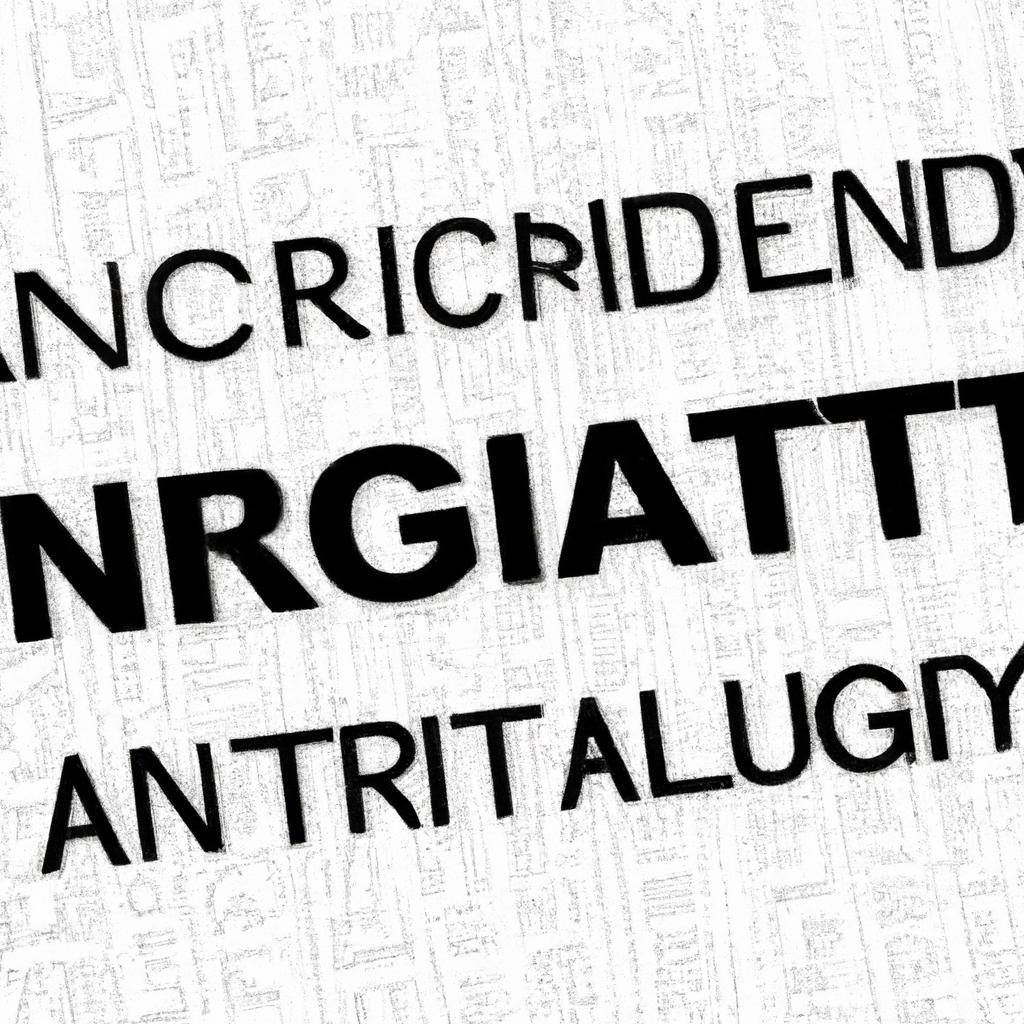In the intricate tapestry of our consumer-driven society, the significance of integrity weaves a vital thread that binds brands to both their values and their communities. Within this paradigm lies the concept of “zip code protected brands,” a term that embodies the unique and often sacred ties between local identities and the products that represent them. As we explore the importance of upholding the principles surrounding these brands, we unveil the delicate balance between commerce and community spirit. In an era where globalization often threatens the individuality of local businesses, understanding and respecting the distinctions that zip code protected brands signify becomes not just a business imperative, but a cultural responsibility. Join us as we delve into the nuances of these brands, the challenges they face, and the integral role they play in nurturing local pride and economic resilience.
Understanding Zip Code Protected Brands and Their Significance
Zip code protected brands represent a unique intersection where local identity and consumer rights converge. These brands are often deeply rooted in a specific geographical area and carry significant cultural or historical value. This protection ensures that these trademarks cannot be used by entities outside of their designated regions, thereby preserving the authenticity and legacy associated with the local products. By respecting zip code protected brands, consumers not only maintain the integrity of these products but also contribute to the economic sustainability of the communities they originate from. The significance extends beyond mere branding; it becomes a matter of community pride and local culture.
Moreover, within the broader context of commerce, recognizing these protected brands can foster a healthy competitive landscape. Local producers can operate without the fear of dilution from outside imitators, thereby encouraging innovation and original craftsmanship. Protecting these brands typically involves strict guidelines governing usage, ensuring that the quality and representation of the product adhere to the standards set by the originating community. The economic benefits are notable:
| Benefit | Description |
|---|---|
| Local Economy Boost | Maintains jobs and stimulates local businesses. |
| Cultural Preservation | Protects the unique heritage and customs of a region. |
| Consumer Trust | Ensures quality and authenticity, building loyalty. |
| Innovation Encouragement | Drives local artisans and businesses to create unique offerings. |

Navigating the Legal Landscape of Brand Protection and Integrity
In today’s competitive marketplace, the significance of understanding and respecting zip code protected brands cannot be overstated. These unique identifiers not only serve as a marketing tool but also embody the integrity and quality associated with a specific locality. When businesses embrace the value of these protected brands, they contribute to a richer tapestry of local identity, fostering a sense of community belonging and pride. By steering clear of trademark infringement, companies can not only shield themselves from potential legal ramifications but also reinforce ethical standards within their industry. This practice promotes fair competition and ultimately benefits consumers who rely on the promise of authenticity tied to local brands.
Implementing a robust brand protection strategy requires vigilance and dedication. Here are some essential practices for businesses and entrepreneurs to ensure they respect zip code protected brands:
- Conduct thorough research on existing trademarks and local brand protections.
- Engage in transparent communication with local brand owners to understand their guidelines.
- Monitor market activities regularly to avoid unintentional infringements.
- Seek legal advice when launching products associated with trademarked brands.
Additionally, businesses must stay informed regarding local regulations and updates related to brand protections. A proactive approach not only safeguards your commercial interests but also demonstrates respect for the rich heritage and traditions that local brands uphold. Cultivating this respect reinforces consumer trust and positions companies as responsible participants in the economic landscape.

Strategies for Businesses to Honor and Uphold Brand Respect
Maintaining a strong brand reputation goes beyond quality products or services; it requires a profound commitment to honoring and respecting the communities that shape a brand’s identity. Businesses can establish proactive strategies that cultivate trust and loyalty through thoughtful engagement with these communities. Key tactics include:
- Active Engagement: Initiating dialogues with local stakeholders fosters a sense of belonging and supports communal objectives.
- Community Investment: Allocating resources, whether financial or volunteer-based, to local initiatives showcases genuine commitment and leads to reciprocal respect.
- Transparency: Openly communicating business practices and policies builds credibility, encouraging consumers to align themselves with trustworthy brands.
Moreover, companies should develop a robust framework for ethical practices, ensuring that decisions reflect the values that resonate with their target audience. A adoption of what can be termed a ”brand respect charter” might include:
| Principle | Action |
|---|---|
| Inclusivity | Embrace diverse perspectives in marketing and product development. |
| Sustainability | Prioritize eco-friendly practices in operations while supporting local vendors. |
| Accountability | Implement feedback mechanisms to address community concerns promptly. |
By integrating these strategies into their operational DNA, businesses can not only enhance the respect surrounding their brand but contribute to greater societal well-being, ensuring that their legacy is built on values that matter.
In Conclusion
In an increasingly interconnected world, the significance of respecting zip code protected brands cannot be overstated. These brands are more than just names; they represent the essence of community heritage, craftsmanship, and the stories woven into the fabric of their localities. Upholding integrity in our interactions with these brands is not merely an ethical obligation – it’s a commitment to honoring the rich tapestry of culture, tradition, and identity that they embody.
As we navigate the complexities of branding in the modern marketplace, let us remember that true respect goes beyond financial gain. It lies in acknowledging the hard work and dedication of those behind these products, preserving the uniqueness that makes each brand special. By championing integrity and advocating for the protection of zip code brands, we can contribute to a landscape that values authenticity and fosters a sense of belonging.
The call to action is clear: let us engage thoughtfully with the brands that connect us to our communities, championing their integrity and celebrating the stories they tell. In doing so, we not only safeguard their legacy but also enrich our own experiences as consumers and members of a global society. Together, we can build a world that respects the roots of our shared heritage, where every zip code tells a story worth preserving.
